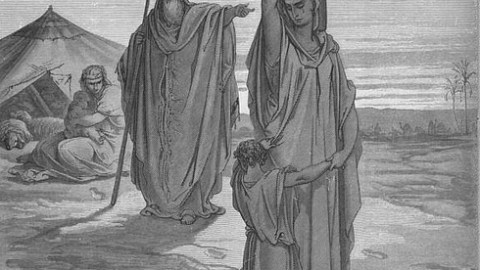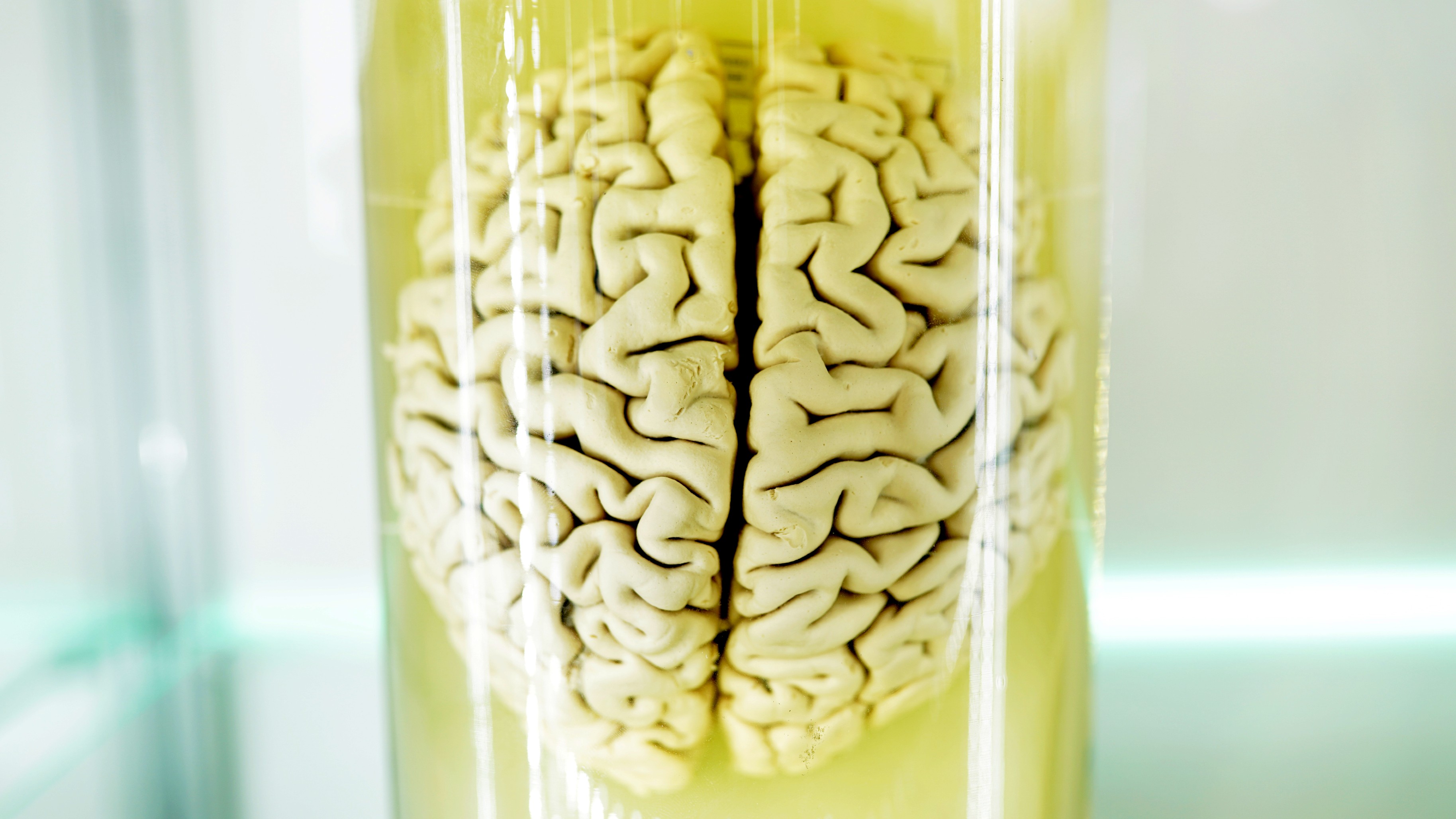Study: People Think Less of Working Moms (And of Their Children)

Americans may talk a good game about “work-life balance,” but according to this study, they’re biased against working mothers. More surprisingly, those who liked working moms less also liked the children of those mothers less.
For her Master’s degree, Jennifer Livengood, who graduated this month from Kansas State University, asked 96 students to rate mothers and children after hearing them interact with their kids on an audiotape and watching a brief video. The raters knew in advance which mothers worked only in the home, which ones had full-time jobs, and which ones worked part-time. As Livengood told this interviewer, she thought she’d find differences in how people reacted to each type of parent. She didn’t. Instead, though, she found one consistent pattern: her volunteers rated the fully employed mothers as less competent; their relationships with their kids as more troubled; and the kids themselves as less likable.
It has long been known that “irrelevant” facts have an impact on teachers’ expectations for kids. This study, for example, showed that the same academic file would get different ratings from teachers if the accompanying photo showed a nice-looking kid than it would if the child was unattractive: The teachers had higher expectations for the intelligence, popularity, and educational prospects of the good-looking pupils. And this one found that kindergarten teachers expect short boys to be less academically capable than typically-sized ones. Moreover, there’s a huge body of research showing that teachers’ expectations have a big impact on kids—the “Pygmalion effect” that suggests a kid expected to do well will do better than a kid expected to be dull.
All of which makes me wonder what would happen if someone were to test the effect on teachers of knowing that a pupil’s mother is a “working mom” or a “stay-at-home.” Livengood’s study would suggest that there’d be an effect. And that, despite the lip service we all pay to hardworking mothers, that effect wouldn’t be pretty.
For more on teacher-bias studies, here are the two I mentioned (one among the earliest, the other recent):
Clifford, M., & Walster, E. (1973). The Effect of Physical Attractiveness on Teacher Expectations Sociology of Education, 46 (2) DOI: 10.2307/2112099
Smith, J., & Niemi, N. (2007). Exploring Teacher Perceptions of Small Boys in Kindergarten The Journal of Educational Research, 100 (6), 331-335 DOI: 10.3200/JOER.100.6.331-335![]()





